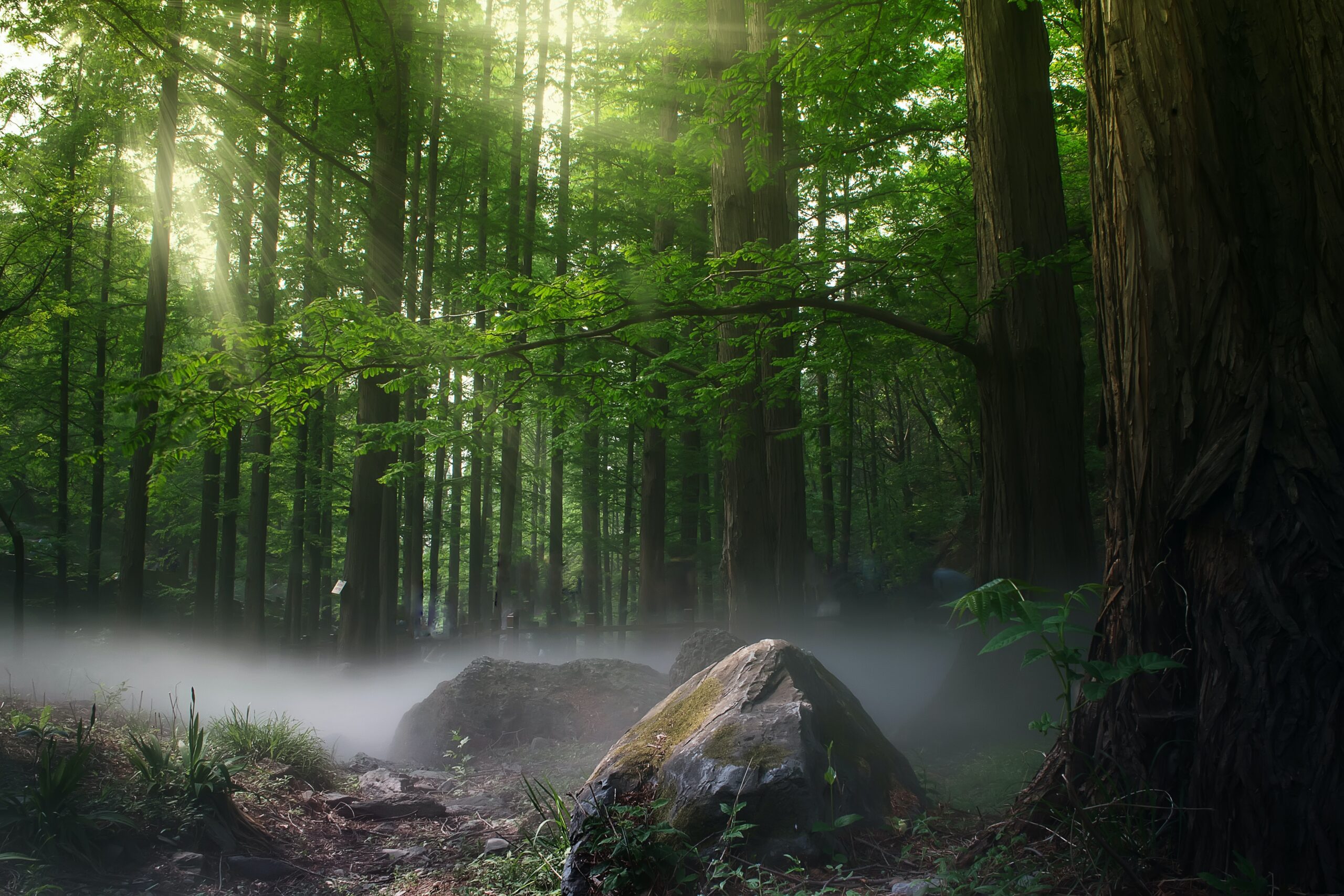If you’ve gotten anything at all out of following Christ, if his love has made any difference in your life, if being in a community of the Spirit means anything to you, if you have a heart, if you care—then do me a favor: Agree with each other, love each other, be deep-spirited friends. Don’t push your way to the front; don’t sweet-talk your way to the top. Put yourself aside, and help others get ahead. Don’t be obsessed with getting your own advantage. Forget yourselves long enough to lend a helping hand.
Philippians 2:1-14 MSG
Sometimes, all I really want to do is become a hermit.
What a glorious existence for an introvert! No one asks anything of you, no one needs anything from you, the only person you need to take care of or look after is your own simple person with your own simple needs and your own simple agenda. Oh, to complete one’s daily chores and then settle in under the shade of a distant tree and read, or walk a wooded path into the deserted wilderness, or take a nap in the middle of the day, far away from anyone who disagrees with you, believes differently from you, behaves oddly, and doesn’t load the dishwasher properly.
Sometimes, I really want that.
But God does not seem to call us to lives of solitude. Maybe for a season, or for an hour, or for a weekend, solitude opens space we normally fill with a constant buzz of activity so we can hear and see the Lord’s working in our life more clearly. Then, it’s back down from the mountaintop, through the desert, out of the garden, and into the presence of others.
It isn’t just humans that God has called to community. It seems the whole natural order is designed to be dependent upon one another. From groves of trees to colonies of ants to clownfish and anemones, and beyond, God has baked the necessity of community into all of creation.
We all, no matter what species we are, need each other.
God’s World attests to it, and so does God’s Word, over and over. In Paul’s letter to the Philippians, he points out that Christ himself modeled a selfless, obedient life in service to both his God and humankind. He demonstrates the beauty and power there is when we live in community with one another. He showed us the way, and then he told us to walk in it.
If Christ means anything to me, desiring a life of hermitude is the opposite of the Way Paul describes. If Christ means anything to me, the life I should aspire to is one in community, agreeing with each other, loving each other, and being deep-spirited friends. Just like the rest of creation, and just like Jesus.
Points of Reflection
- Do you find seeking out and investing in a community to be easy or difficult?
- Are there ways the community of believers have manifested these verses in your life?
For the Kids
- What are the qualities of a Christ-centered community as detailed in the passage we read today?
- Who are the people in your life that are following Paul’s blueprint for community?
Action
Take some time to examine your relationships and your church community. How closely does your community mirror the verses we read today? If your relationships feel far from the ideal identified by Paul, what is one way the Lord is calling you to make a change in those relationships? Is there one relationship—perhaps with parents, or children, or a group at church—that God has brought to mind while you are reading this? What aspects of your heart are not in alignment with the humble, generous, and kind spirit the Lord modeled to us?
Readings
Through The Hidden Life of Trees: What They Feel, How They Communicate—Discoveries from a Secret World by Peter Wohlleben, I learned that forests are far stronger together than a tree that is given ample space and light to grow. This is for a myriad of reasons. Trees in forests share resources. Trees in forests feed one another underground. Trees in forests communicate about predators and pests so that other trees can protect themselves. Trees in forests use underground mycelium to talk to their neighbors. Mother trees essentially nurse a generation of children so they can grow tall and strong and take her place someday. The book is profound and emotional. I highly recommend it.





 Copyright
2024
Root and Vine
Copyright
2024
Root and Vine